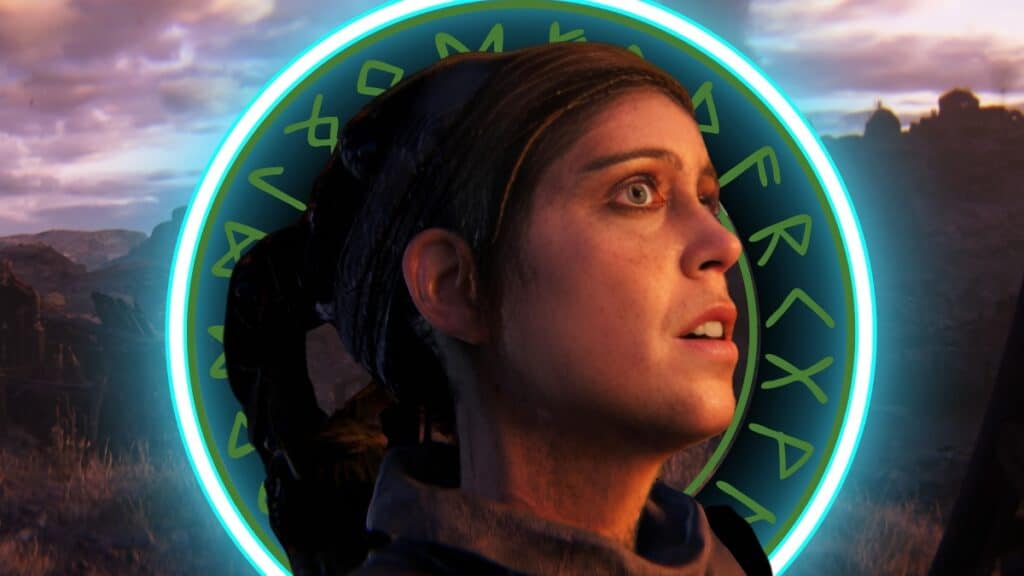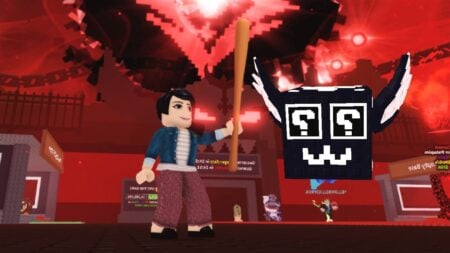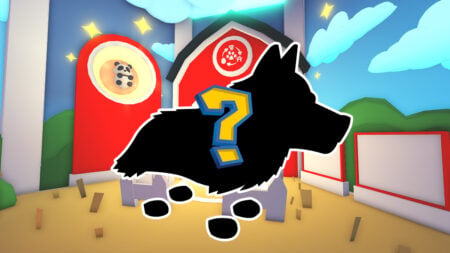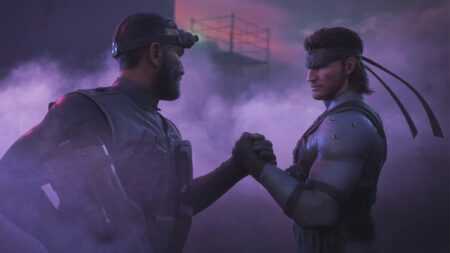Skip To...
Video games excel at depicting the fantastic and impossible. Magic, monsters, and FTL flight are commonplace. On the subjects of mental health and trauma, however, games often have nothing to say. That’s not a failing of the medium so much as the triumph of a taboo. Few want to admit they’re struggling or discuss what they’re really going through. It’s a cultural problem more than an artistic one, but that didn’t stop Ninja Theory from tackling it head-on. Senua’s Saga: Hellblade 2 depicts the protagonist’s mental health journey in ways both painstaking and painful. The result is a journey like few we’ve ever seen.
How Does Senua’s Saga Depict Mental Health?
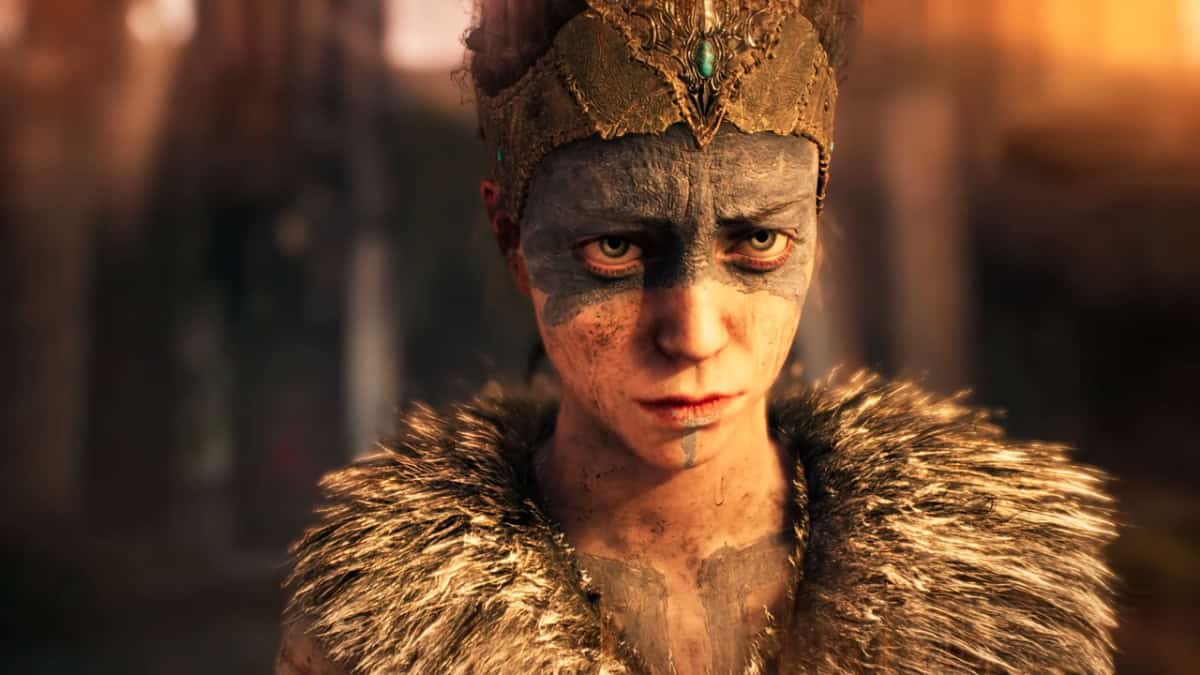
Other great games explore mental health, but few mainstream offerings do so with the same rigor. That’s at least in part because Ninja Theory enlisted a team of mental health advisors to make sure it got the details right. The effort paid off. Whereas many games conflate psychosis (loss of contact with external reality) with psychopathy (lack of empathy), Senua’s Saga understands the difference. Senua is an empathetic person, but she struggles with auditory and visual hallucinations, made worse by her trauma.
The death of her lover as part of a gory Blood Eagle sacrifice in the first game not only traumatized her but also aggravated her visual and auditory hallucinations. Throughout the game, she sees and hears things that don’t exist outside her mind. In Saga, Senua hasn’t had a miraculous recovery. Her journey to Helheim has alleviated some of her suffering and confusion, but in many ways, she remains conflicted. As fantastical as these games are, they’re also realistic portrayals of trauma and grief as well as psychosis.
Senua’s Empathetic Journey
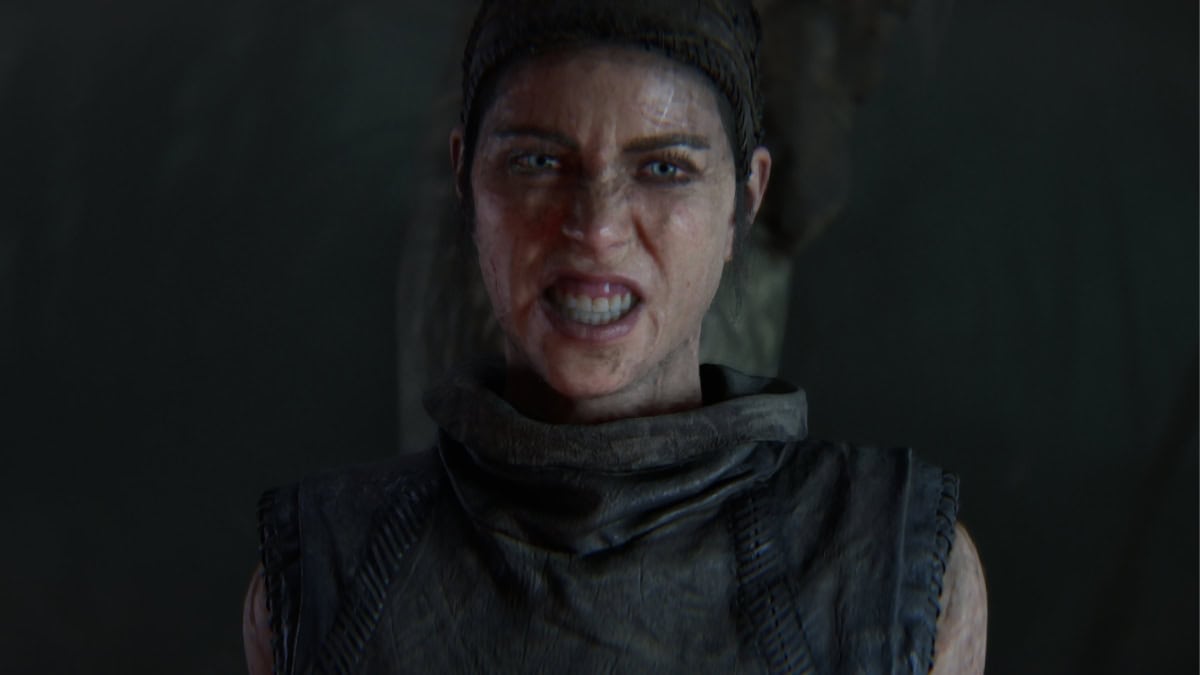
Different cultures have different perspectives on what auditory hallucinations and other symptoms of psychosis mean and how they should be managed. A Celtic warrior on a vision quest will have a different experience of psychosis than an accountant with schizophrenia spectrum disorder. One of Ninja Theory’s greatest victories in Senua’s Saga is creating an empathetic bond. As a storyteller, you don’t want your audience sitting in judgment over a character who’s going through the things that Senua does. You want players to empathize with her as much as possible, and Senua’s Saga makes that happen.
Ninja Theory’s sincere approach to mental health is part of what makes Senua’s Saga so incredible. Jarring transitions from kaleidoscopic beauty to sensory deprivation and horror unsettle the player as much as Senua herself. It’s a wonderous game, but there’s little peace to be had within. Even puzzle-solving takes its cue from the game’s themes. Senua interacts with her world in ways that make bizarre, symbolic sense to her but would seem deluded to an outside observer. People struggling with their mental health don’t get a day off. Staying true to that makes Senua’s Saga more real.
Ninja Theory and Human Connection
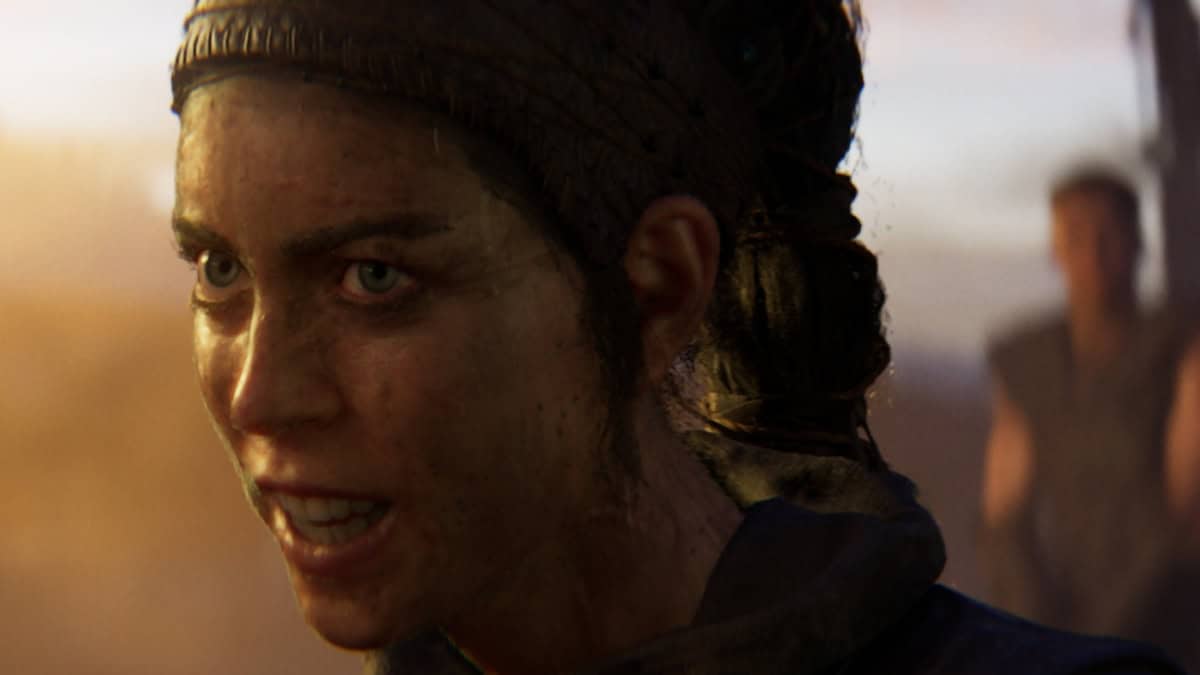
Senua’s Saga doesn’t try to depict what mental health issues and trauma look like for everyone. It aims to create a singular experience, centered around Senua, while remaining grounded in what psychosis looks like in the real world. By doing so, Ninja Theory has won a victory on a battlefield upon which few developers dare to even set foot. Senua’s story should be remarkable for its writing and graphics, not for being one of a handful of games brave enough to discuss mental health thoughtfully. Ninja Theory is leading with empathy, and we should follow.
Senua’s Saga: Hellblade 2 is available for PC and

